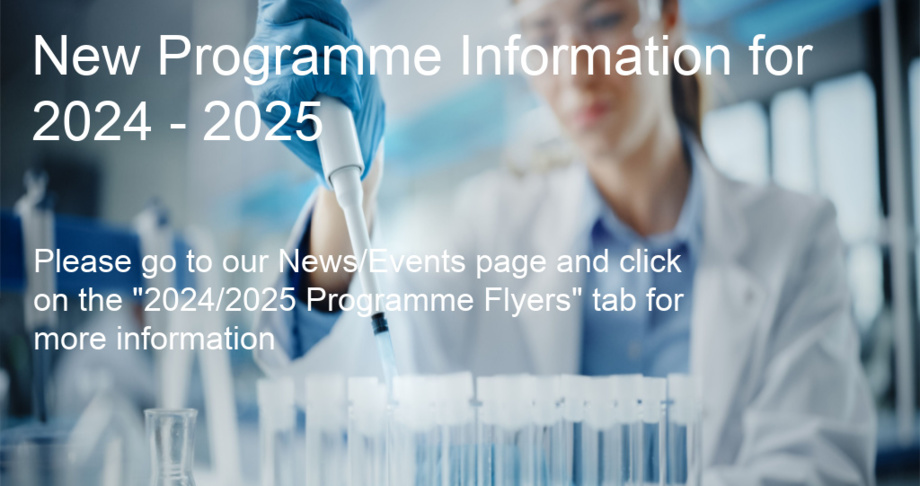
BCR::ABL1 and AML Translocation Identification (Accredited)
Detecting the presence of the Philadelphia chromosome (fusion of the BCR gene on Chromosome 22 to the ABL1 gene on chromosome 9) is essential in the diagnosis of Chronic Myeloid Leukaemia and initiation of Tyrosine Kinase Inhibitor (TKI) therapy. Acute Myeloid Leukaemia (AML) is a heterogeneous group of disorders that can be classified with the aid of molecular abnormalities. The ability to determine the presence of rearrangements that result in fusion oncogenes is essential in the prognosis of AML.
In this programme participants are provided with lyophilised cell-lines for t(9;22) (BCR::ABL1 Major and Minor breakpoints), t(8;21) (RUNX1::RUNX1T1), inv(16) (CBFB::MYH11) and t(15;17) (PML::RARA) analysis. All samples mimic diagnostic specimens and are therefore not suitable for Minimal / Measurable Residual Disease (MRD) monitoring analysis. Participants are asked to submit qualitative results together with details of the methodology used. Instructions for storage, reconstitution and use of the lyophilised samples are included with the samples. Three send-outs are issued per annum, with each send-out consisting of two samples, one for BCR::ABL1 analysis and one for AML rearrangement analysis.
As in 2023-2024, we will continue to include samples carrying alternative myeloid rearrangements, alongside the core rearrangements standardly included within the repertoire of the BCR::ABL1 and AML Translocation Identification programme. We aim to issue two additional educational samples across the 2024/2025 registration period. Each will feature either a pathogenic rearrangement associated with AML or an alternative BCR::ABL1 Translocation variant. Testing of the educational samples will be optional.
Fusion Gene Nomenclature – Latest Update
Following the recent publication of the HUGO Gene Nomenclature Committee (HGNC) consensus statement regarding fusion gene nomenclature (Bruford et al. 2021), UK NEQAS LI are working to implement use of the double colon (::) for the description of fusion genes (e.g. BCR::ABL1). Historical nomenclature (e.g. BCR-ABL1) may persist in some areas of our website and documentation for an interim period due to IT constraints.
Bruford EA, et al. HUGO Gene Nomenclature Committee (HGNC) recommendations for the designation of gene fusions. Leukemia. 2021
Pre-issue and post-closure testing of samples for this programme is subcontracted, although the final decision about sample suitability lies with the EQA provider; no other activities in relation to this EQA programme are subcontracted.
Trials for this programme are live/open for a minimum of 4 weeks.
Please Note: Trials issued/closing in August or December are extended by 1 week.
An automated email is sent 2 days prior to the trial closing, to any participant that has not returned results, warning them of the trial closure date.
To register for this programme, please click here.
BCRTrans 232401 v1.0.0 Report Example.pd[...]
Adobe Acrobat document [817.6 KB]
Performance Monitoring System for BCR AB[...]
Adobe Acrobat document [81.7 KB]
